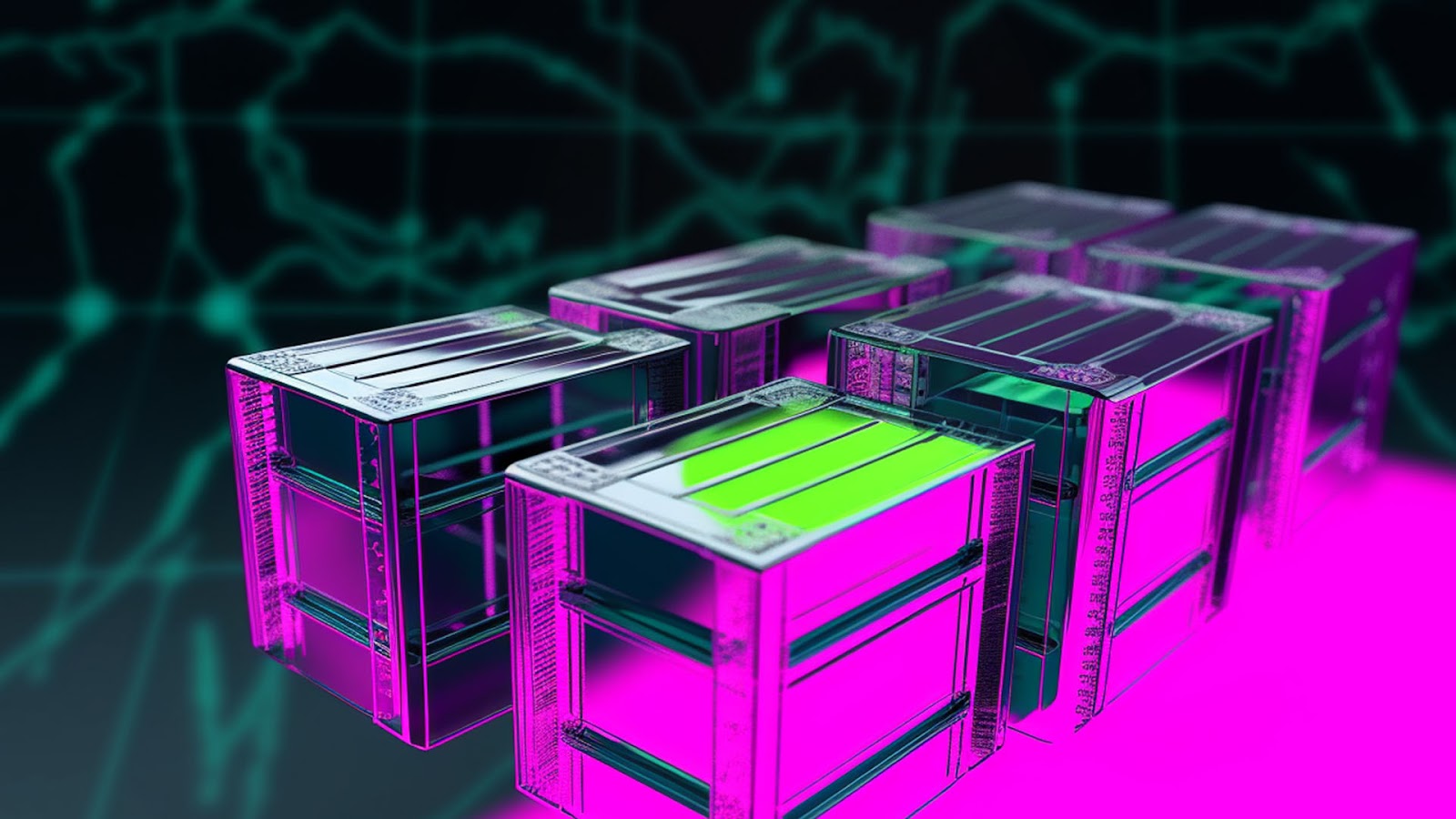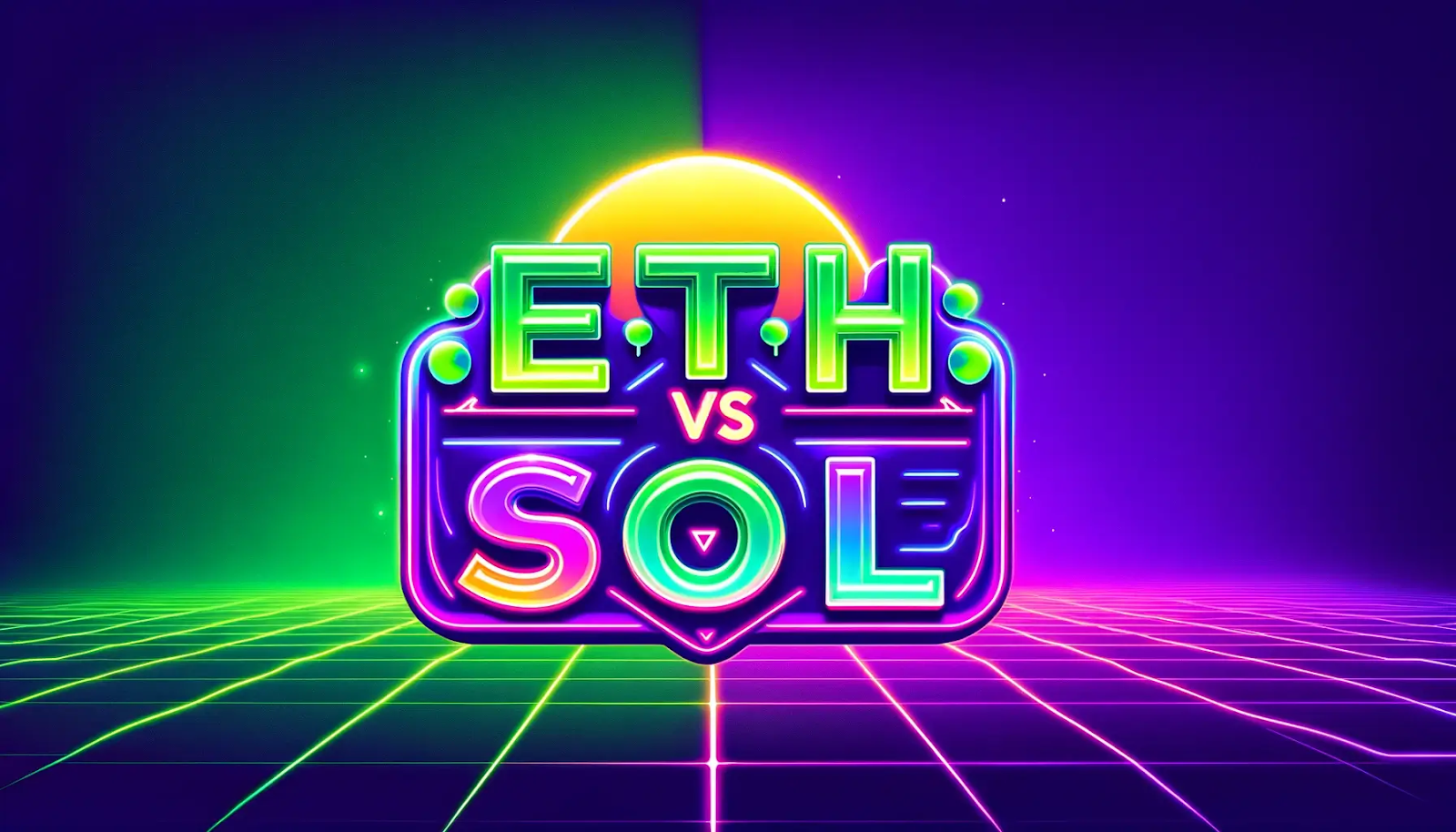
Decentralised file storage solutions have emerged as a new groundbreaking alternative to traditional, centralised storage systems.
Using blockchain technology to offer a more secure, efficient and robust method of storing data.
What Is Decentralised File Storage
Decentralised file storage differs from traditional storage solutions, traditional storage services such as Dropbox and Google Cloud have changed how we store data and share large files online.
Anyone can store large amounts of data, which is accessible on demand from any device, but, there is a catch, users must rely on a centralised entity that could remove a user's access to their account at any time, share files with government agencies or even the company itself going bankrupt.
Decentralised file storage does this differently, the data is distributed across a network of nodes, which removes the reliance on a single storage entity.
Instead of relying on a central data centre, decentralised files are fragmented and stored across a network of nodes, this enhances security and accessibility.
Through encryption and fragmentation, the data has a significantly reduced risk of a centralised data breach.
Storing multiple copies of data fragments across different nodes, the system ensures high reliability, safeguarding against potential data loss.
The data is stored on the blockchain, this ensures that once data is recorded, it cannot be altered or tampered with, providing a transparent and immutable data trail.
Files are encrypted for security, then broken into smaller pieces and distributed across the network, ensuring security and efficiency with data handling.
Algorithms determine optimal nodes, based on factors including storage capacity, network speed and reliability for storing data fragments.
When accessing data, the file storage system retrieves the necessary encrypted fragments, decrypts them and assembles them into the original file format so the user can read it.
Examples of Decentralised File Storage Solutions
Filecoin is an open-source, cloud-based storage network that aims to improve upon traditional file storage services.
A peer-to-peer storage network where users pay for data storage and distribution services in the platform's native token FIL.
Governance is controlled by the community, Filecoin hopes to solve the problem of inefficient file storage and retrieval.
Storj, pronounced storage, is an open-source decentralised file storage platform, anyone with hard drive space and a good internet connection can participate in the network, and space providers are rewarded with STORJ tokens.
Siacoin is a blockchain network that facilitates decentralised data storage by leveraging users' hard drive space and renting it to those who need it.
Users can earn rewards in SIA for providing storage space.
Pros and Cons of Decentralised File Storage
Pros
-
Decentralised file storage offers enhanced security against data breaches and hacks.
-
Decentralised file storage is at a reduced cost compared to traditional cloud storage.
-
Greater privacy due to encryption and decentralisation of blockchain networks.
-
Reduced dependency on a single entity, even if some nodes fail the data is still accessible.
Cons
-
Potential scalability issues when the number of issues grow rapidly, decentralised file storage services need to make sure they can scale appropriately.
-
Some decentralised networks can be very energy intensive, raising environmental concerns.
-
The seamless integration with existing file storage solutions is essential for wider adoption.
Final Thoughts
Decentralised file storage is a significant advancement in data management.
The more secure and efficient storage solution gives users greater control over their data.
Decentralised file storage stands as a viable alternative to traditional storage methods, as the technology continues to evolve it could redefine the landscape of digital data storage.
FAQ
What is decentralised file storage?
Decentralised file storage has its data distributed across a network of nodes, removing reliance on a single storage entity. Instead of relying on a central data centre, decentralised files are fragmented and stored across a network of nodes, enhancing security and accessibility.
What are some decentralised file storage services?
Filecoin, Storj and Siacoin are some examples of decentralised file storage
Want More Cutting-Edge Crypto News?
Follow Us: X TikTok Instagram Telegram LinkedIn
Sign up to our newsletter at the bottom of the page
Check Out Our Top 10 Crypto Currencies of 2023
This article is intended for educational purposes and is not financial advice.


















